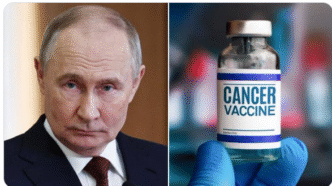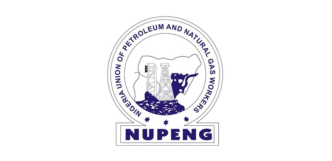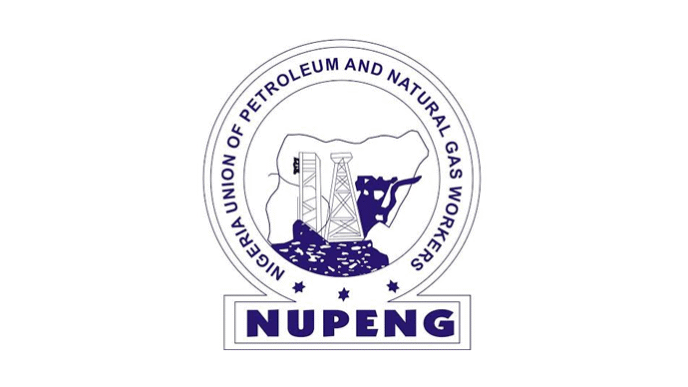Russia’s Breakthrough Cancer Vaccine: A New Hope for Patients in 2025In a groundbreaking announcement, Russia has revealed that its innovative mRNA-based cancer vaccine is ready for clinical use and will be provided free of charge to patients starting in early 2025. This development, heralded as a potential game-changer in oncology, has sparked global interest and cautious optimism. Here’s what we know about this revolutionary vaccine, its implications, and the questions that remain.
A New Era in Cancer Treatment
The Russian Ministry of Health, in collaboration with leading research institutions like the Gamaleya National Research Center for Epidemiology and Microbiology, the Hertsen Moscow Oncology Research Institute, and the N.N. Blokhin National Medical Research Center, has developed a personalized mRNA vaccine designed to treat cancer. Unlike preventive vaccines, such as those for HPV or hepatitis B, this vaccine targets existing tumors in patients, aiming to suppress tumor growth and prevent metastases.The vaccine leverages messenger RNA (mRNA) technology, which gained prominence during the COVID-19 pandemic with vaccines like Pfizer-BioNTech and Moderna. By using genetic material extracted from a patient’s tumor, the vaccine instructs the body’s cells to produce proteins that mimic cancer cell antigens. This process trains the immune system to recognize and attack cancer cells, offering a targeted immunotherapy approach with potentially fewer side effects than traditional treatments like chemotherapy or radiotherapy.
Key Features of Russia’s Cancer Vaccine
- Personalized Treatment: The vaccine is tailored to each patient’s unique tumor genetics, targeting specific neoantigens—unique markers on cancer cells. This bespoke approach enhances the vaccine’s effectiveness by ensuring it addresses the specific mutations driving a patient’s cancer.
- AI-Driven Development: Artificial intelligence plays a pivotal role in accelerating the vaccine’s production. Alexander Gintsburg, Director of the Gamaleya Center, noted that AI and neural network computing reduce the time needed to design personalized vaccines to under an hour, a significant leap from traditional methods that could take much longer.
- Promising Pre-Clinical Results: Pre-clinical trials, primarily conducted on animal models, have shown encouraging results, with the vaccine suppressing tumor growth and reducing the risk of metastases. A specific version of the vaccine, dubbed “Enteromix,” targeting colorectal cancer, demonstrated tumor size reductions of 60% to 80% in animal studies.
- Free Access for Patients: In a move that underscores Russia’s commitment to equitable healthcare, the vaccine will be provided free to all eligible cancer patients. Each dose, estimated to cost around 300,000 rubles (approximately $2,869 USD), will be fully funded by the government, making this cutting-edge treatment accessible to millions
A Global Context: Russia and the Race for Cancer Vaccines
Russia’s announcement comes amid a global push to develop cancer vaccines. Countries like the United States and the United Kingdom are also advancing mRNA-based cancer therapies. For instance, the UK’s National Health Service has partnered with BioNTech to trial personalized cancer vaccines, aiming to treat 10,000 patients by 2030. In the US, Moderna and Merck & Co. are working on a skin cancer vaccine that has shown a 50% reduction in melanoma recurrence or death in mid-stage trials. Additionally, researchers at the University of Florida have tested a personalized mRNA vaccine for glioblastoma, reporting a robust immune response within 48 hours.
While these global efforts highlight the scientific plausibility of mRNA cancer vaccines, Russia’s claim of readiness for clinical use by early 2025 is ambitious. The vaccine, particularly for melanoma, is set to enter human clinical trials by September–October 2025, with further research targeting colorectal cancer, glioblastoma, and other challenging cancers.
Skepticism and Unanswered Questions
Despite the excitement, the announcement has met with skepticism from the global scientific community, primarily due to the lack of published clinical trial data or peer-reviewed studies. Professor Kingston Mills, an immunologist at Trinity College Dublin, emphasized the need for concrete evidence, stating, “Until we see data from a clinical trial, there has to be skepticism about this.” The absence of details about the vaccine’s name, specific cancer types targeted, efficacy rates, or dosage protocols has raised concerns about its readiness for widespread clinical use.
Conclusion
Russia’s announcement of a free, mRNA-based cancer vaccine is a beacon of hope in the ongoing fight against cancer. By combining cutting-edge mRNA technology with AI-driven personalization, this initiative has the potential to transform oncology. However, the lack of published data underscores the need for caution and further scrutiny. As clinical trials progress, the world eagerly awaits evidence that could confirm this as one of the most significant medical breakthroughs of the century. For now, Russia’s vaccine stands as a testament to the power of innovation and the enduring hope for a cancer-free future.














